Synchronicity Earth Stories: Our latest news
|
|
OUR MISSION
We address overlooked and underfunded conservation challenges for globally threatened species and ecosystems.
|
|
Saving Earth''s orchestra
While we are bombarded with images and articles on species extinction and climate change, how often do we stop to think about the sounds that are disappearing from our world as animal populations decline and habitats disappear? With extinction rates accelerating exponentially, Earth''s orchestra is losing its musicians...
In this newsletter, we hear from Caleb Ofori-Boateng on his love for amphibians. If you do one thing, make sure you listen to the beautiful frog chorus from the Atewa forest in Ghana. This extraordinary forest''s existence is under threat from bauxite mining, so there's a very real chance that these wonderful sounds could one day exist in digital form only.
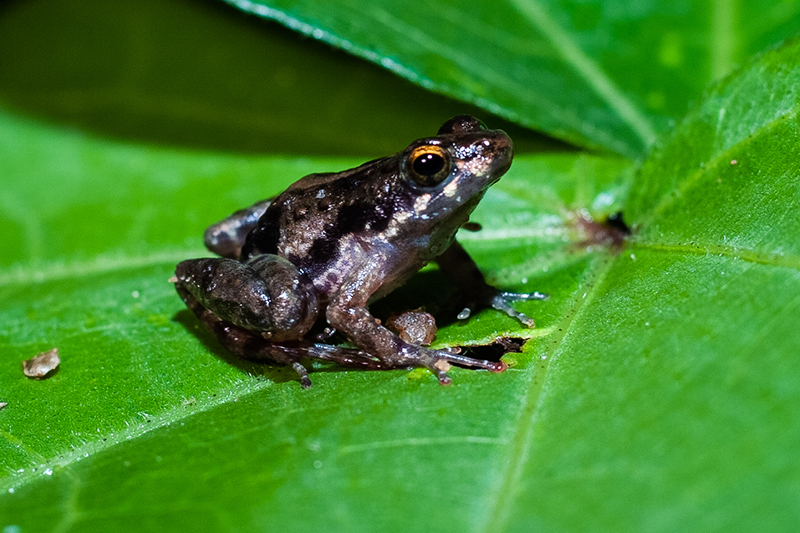
And this loss is not limited to the terrestrial realm. Our overexploitation of the ocean''s resources and the impact of accelerated global warming on coral reefs and other marine ecosystems means we''re at risk of losing our underwater orchestra too. Extraordinary as it seems, our governments are actually paying for fish stocks to collapse. Our Programmes and Partners Manager, Anna Heath, takes a look at the perverse fishing subsidies that are helping to empty the world''s oceans.
Meanwhile, despite the unprecedented decline of the world''s freshwater ecosystems, there are reasons to be hopeful that, with more concerted conservation effort, it is possible for freshwater species to bounce back. Our Communications and Engagement Officer, Nina Seale, takes a look at some reasons for hope. |
|
Making finance work for nature
Our global economic system relies on a wide range of financial services to operate. From bank loans to public offerings of shares and from insurance to trade finance. Most of these financial transactions will have an impact on the natural world: directly, for example, through a loan to a timber extraction company, or indirectly, perhaps through a bond deal for a retail clothing company that sells products manufactured from viscose (derived from wood pulp). If we are to halt biodiversity loss, one thing is certain - the finance sector needs to be part of the solution.
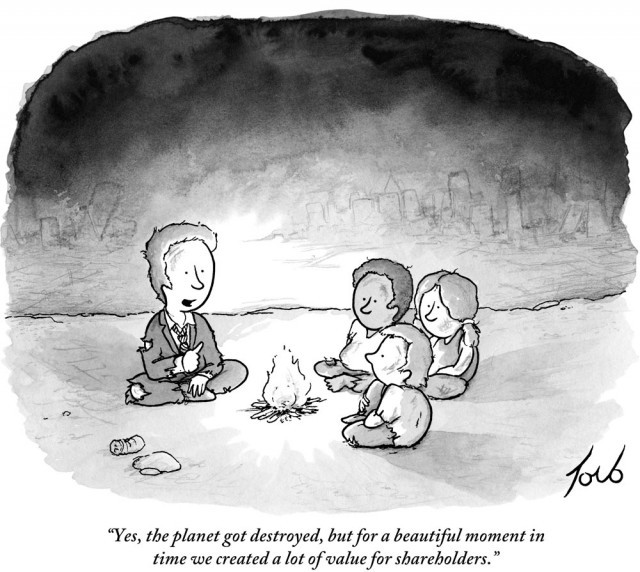
Synchronicity Earth Trustee Catherine Bryan explores some of the obstacles to finance having a more positive role in conserving Earth''s natural biodiversity, and looks at some of the encouraging initiatives that show the direction of travel beginning to change.
Read more
*Cartoon by Tom Toro, New Yorker
|
|
The Home of a Frog Orchestra
"It was this time in the Atewa Forest that I really fell in love with frogs. I came into contact with so many species of frogs of all different colours from black and yellow to green and red. At night I would stand in the forest and listen. The night chorus in Atewa Forest is like a frog orchestra. I had never experienced anything like that in my lifetime. It became a relationship about love from that point, not just concern for them."
 Read more
|
|
Funding destruction
Our global fisheries are not sustainable. One particularly alarming forecast published in the journal Science in 2006 predicted that the world would run out of wild-caught seafood by 2048.
However, governments around the world are paying subsidies to keep unsustainable, industrial fisheries operating in the oceans, fisheries that would otherwise be financially unviable. How can this be? Synchronicity Earth Programme and Partner Manager, Anna Heath, explains.
Read more
|
|
The state of freshwater
Among Earth's fragile natural systems, freshwater ecosystems consistently emerge as some of the most threatened. And yet, the ability for freshwater ecosystems and species to recover when remedial action is taken is incredibly exciting.
Synchronicity Earth has been supporting freshwater conservation almost since its inception, and has witnessed extraordinary organisations making unprecedented successes. Conservation works, we just need more of it, and if we can scale up our efforts to protect freshwater for all the species dependent on it, including ourselves, these trends can be reversed.
Read more
|
|
Deeper Thinking
We understand that many people will feel a little saturated with online content right now. We''ve certainly had our fill of staring at little heads on a screen, zoning in and out of endless discussions. But we''ve also felt uplifted and enthused, connected to people all around the world, part of wider global discussions.
While online is the only option, we''ll continue to try to bring you interesting and thought-provoking ideas and content and go a bit deeper into some of the issues and ideas we''re all grappling with. If you want to get a flavour of previous Deeper Thinking sessions, take a look at Joining the Dots: how can conservation help prevent future global disasters and Where we go from here
We''ll be sending details of our third session very soon, so watch this space and make sure you register!
|
|
What we''re reading and watching...
FILM: Have you seen David Attenborough''s A Life on Our Planet yet? Don''t miss it!
The world''s banks must start to value nature and stop paying for its destruction (Guardian) In 2019, the world''s largest banks invested $2.6 trillion in sectors that are the primary drivers of biodiversity loss.
What does power look like in 2020? While this is not particularly surprising, it still has the capacity to shock: The Colour of Power
FILM: What is the true cost of mining the deep sea to the planet? (Economist)
Good news for frogs! Rescued endangered Loa water frogs have 200 offspring (BBC)
FILM: Why is land tenure so important? This short film from Fern explains
With migratory freshwater fish populations in catastrophic decline, Shoal takes a look at 5 incredible migratory fish
FILM: If you''ve read Anna Heath''s piece on perverse fishing subsidies, take a look at Fisheries on the brink (Environmental Justice Foundation). This is what these subsidies are doing.
Ever wondered what a sea slug looks like? (clue: not like the ones that eat your lettuce) Dr Helen Scales has some examples (BBC Science Focus)
Potential good news from Southeast Asia: Vietnam creates new nature reserve possible home to elusive ''Asian unicorn'' (Mongabay)
Gorongosa national park is being reforested via coffee and agroforestry (Mongabay)
What is the Amazon''s largest fish? Fishing for change: local management of Amazon''s largest fish also empowers women (Mongabay)
It''s that time of the year again! Wildlife Photographer of the Year. Enjoy
|
|
To find our more about our work, visit our website: www.synchronicityearth.org
You can also Contact Us for more information about any aspect of what we do. We look forward to hearing from you!
|
|
|
|
|
|






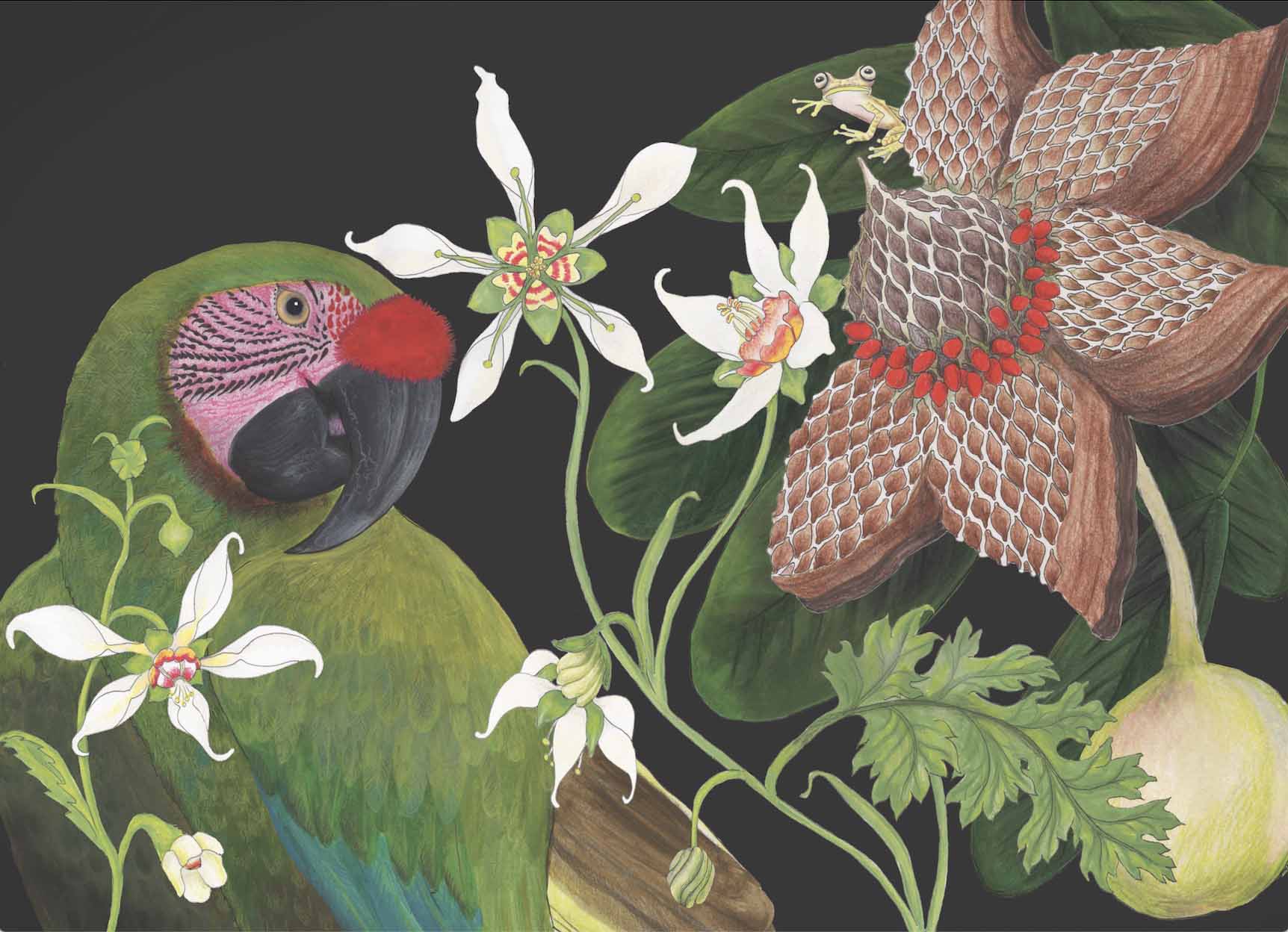
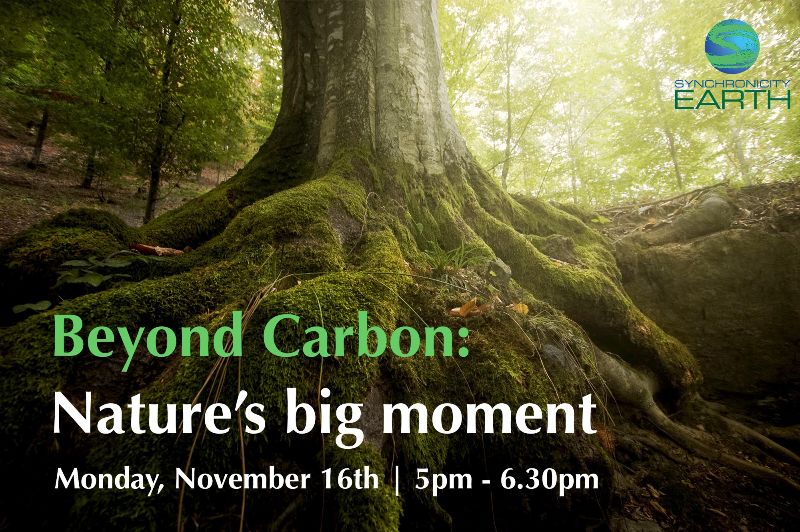
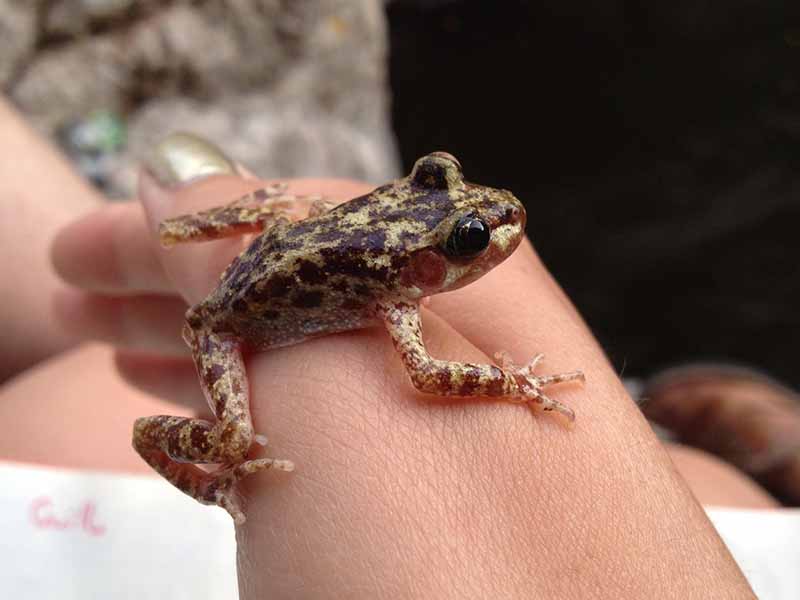
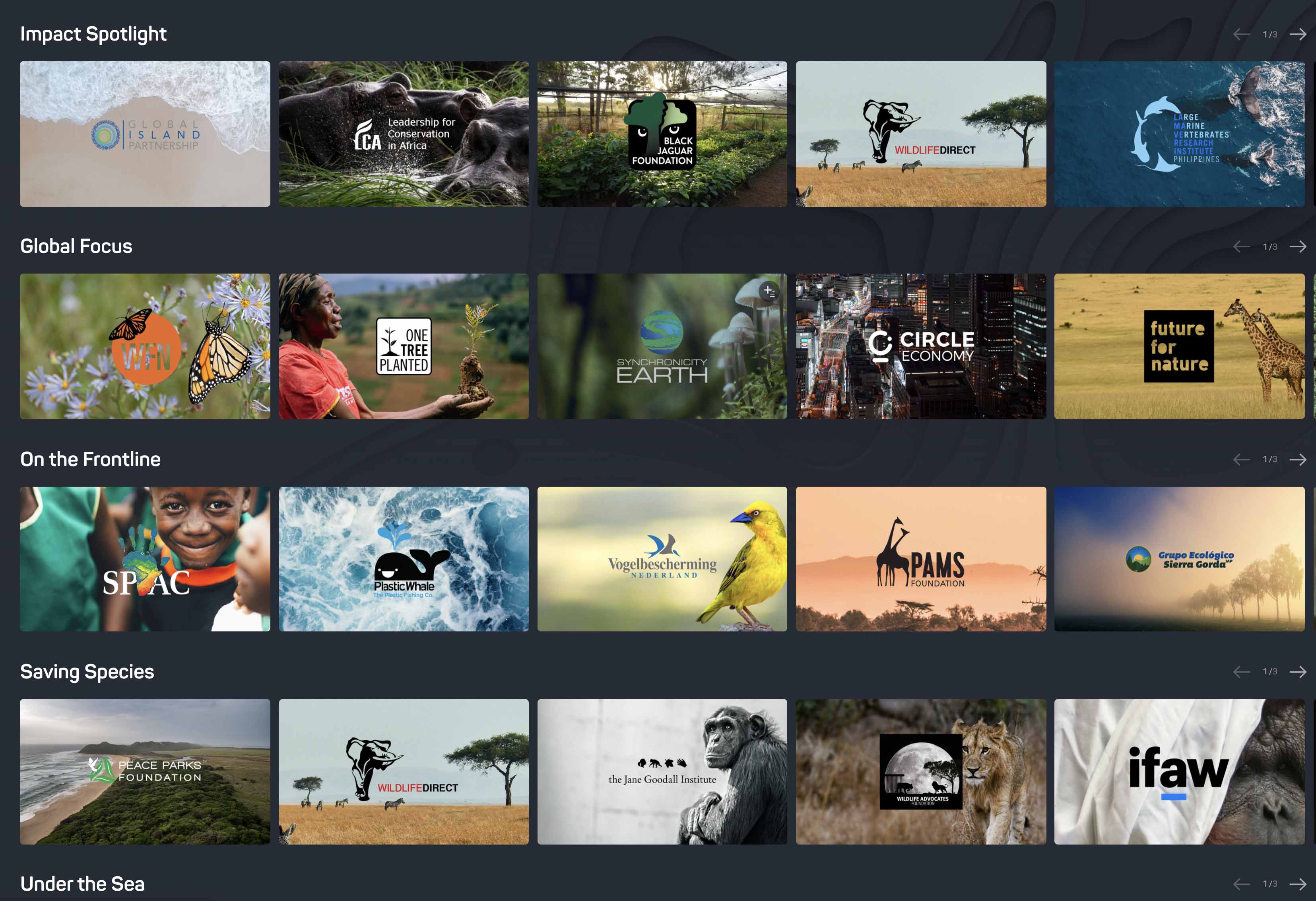
 Arts and Entertainment
Arts and Entertainment Business and Industry
Business and Industry Computer and Electronics
Computer and Electronics Games
Games Health
Health Internet and Telecom
Internet and Telecom Shopping
Shopping Sports
Sports Travel
Travel More
More